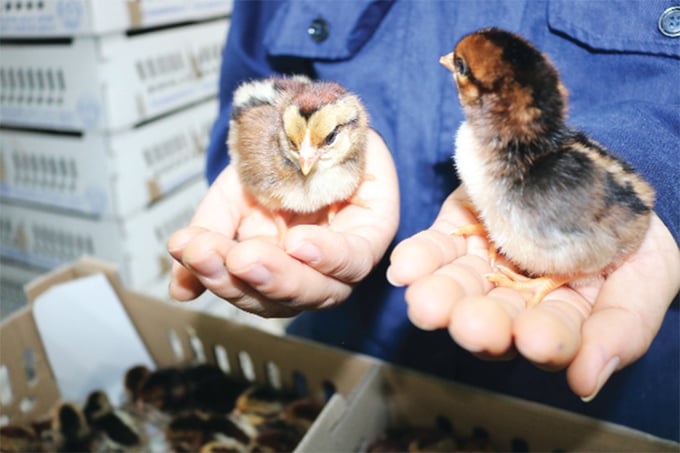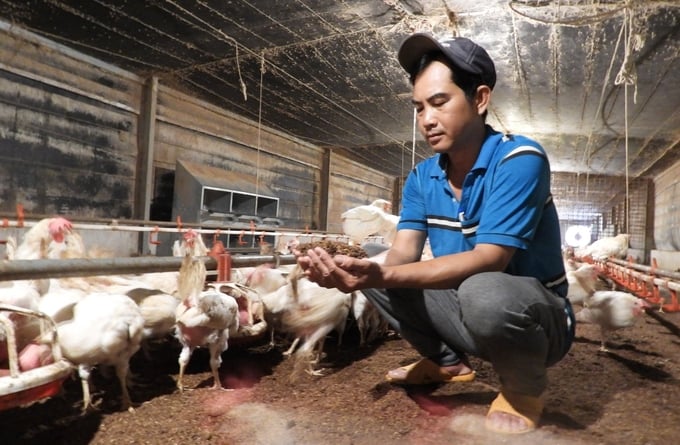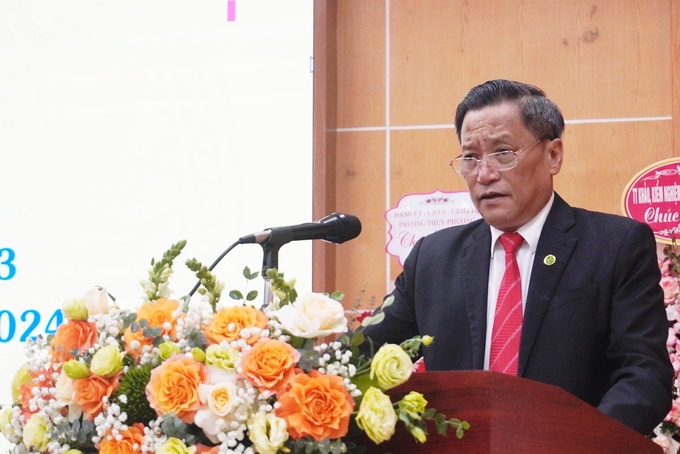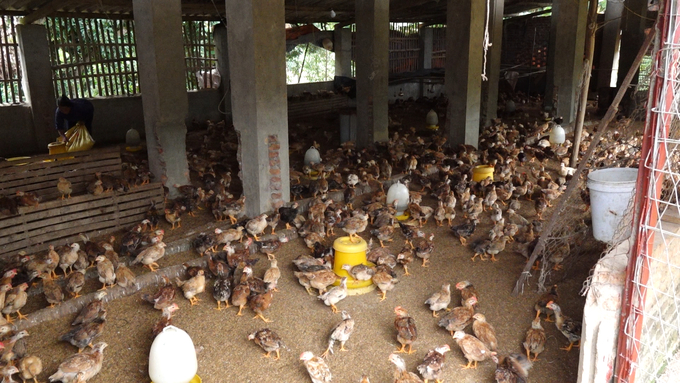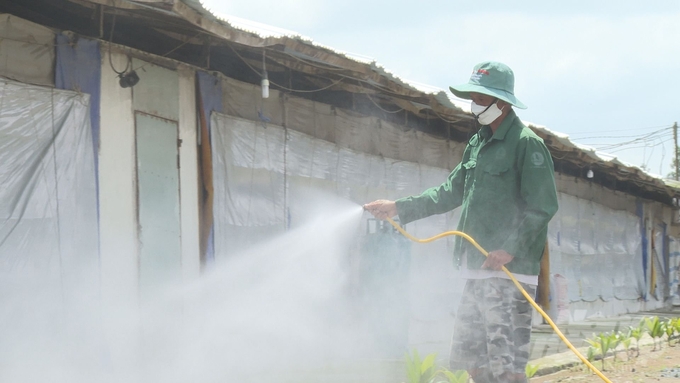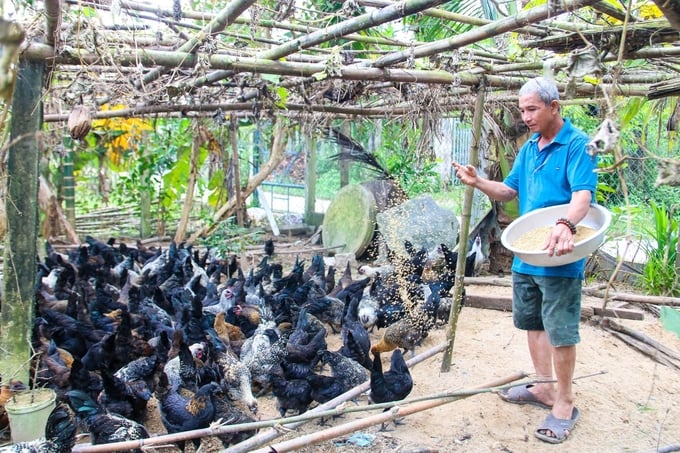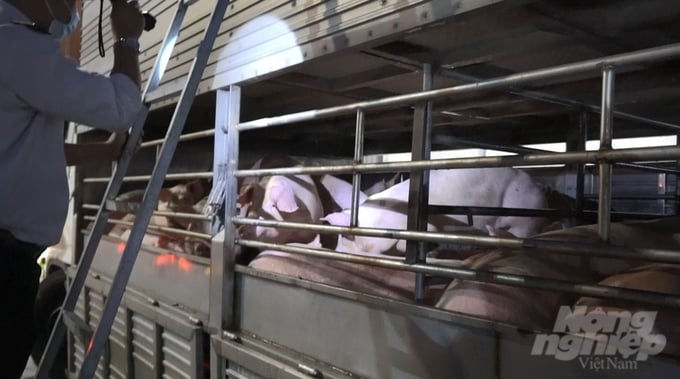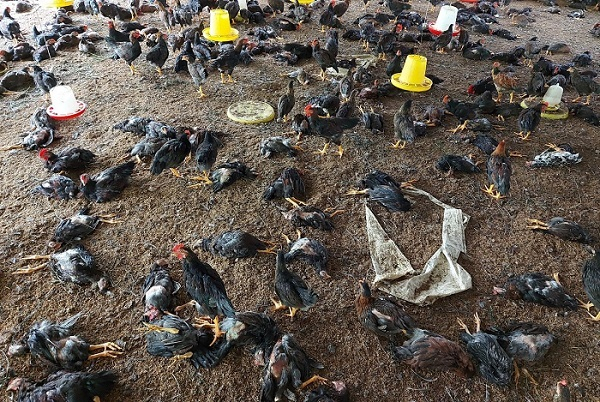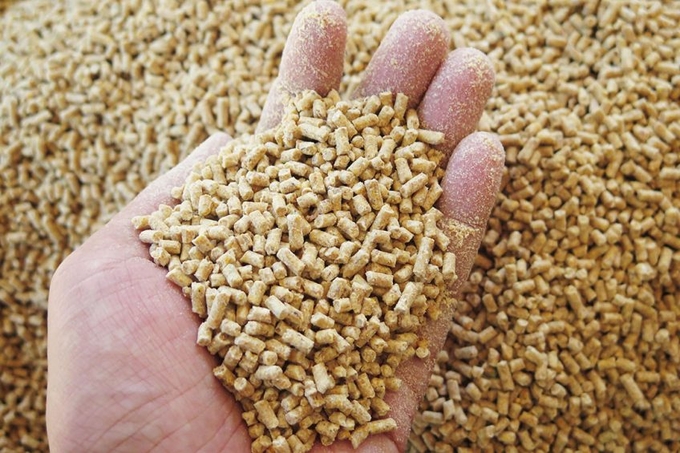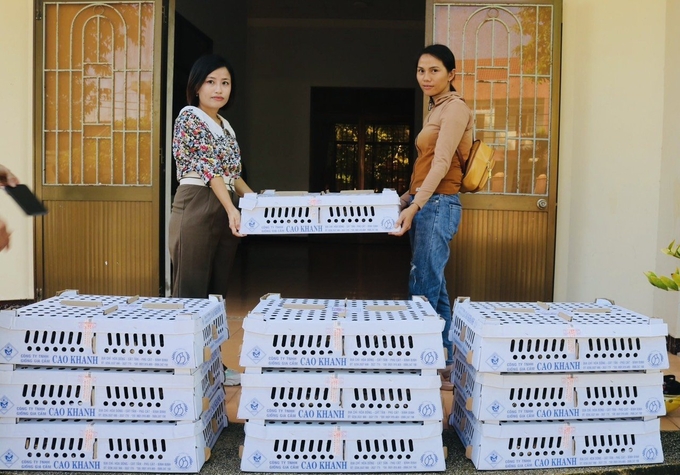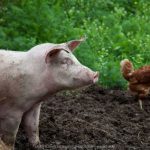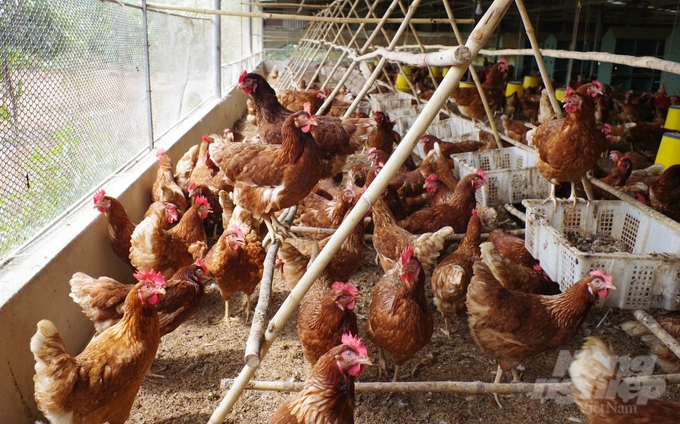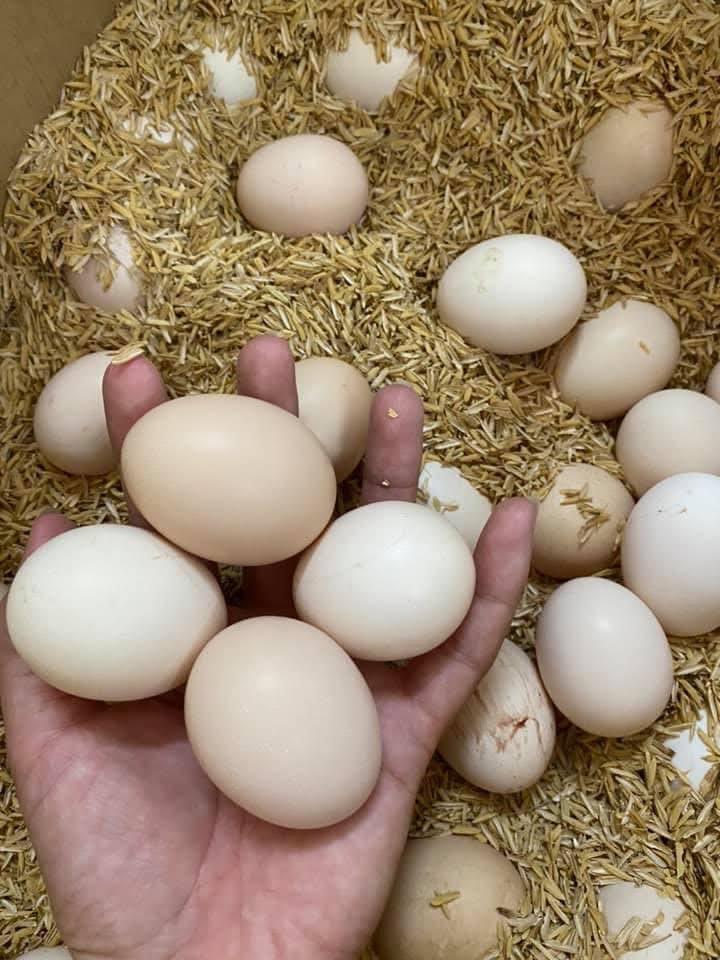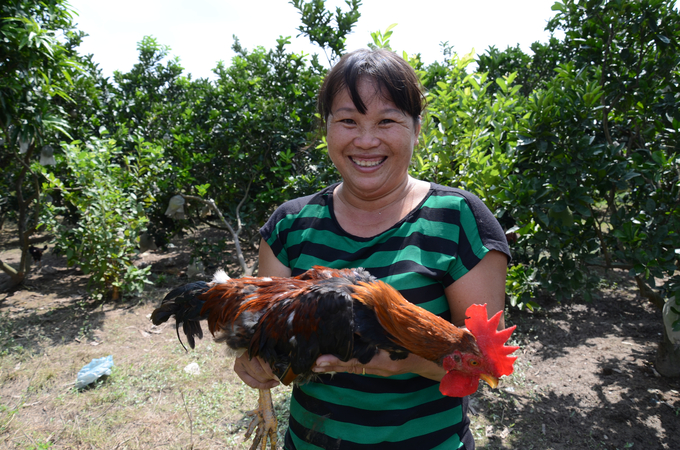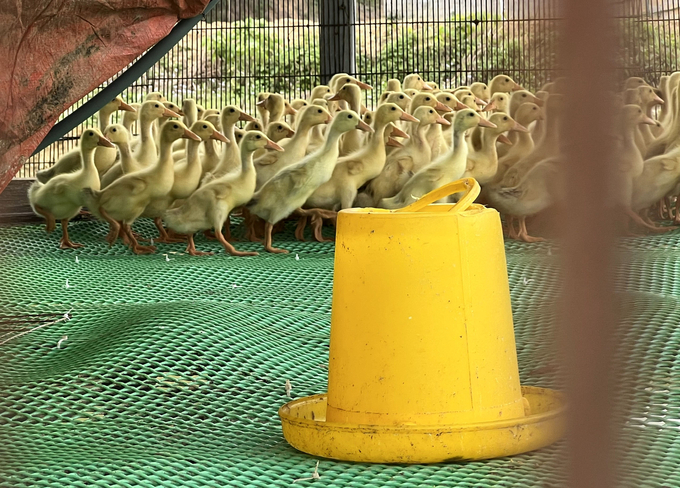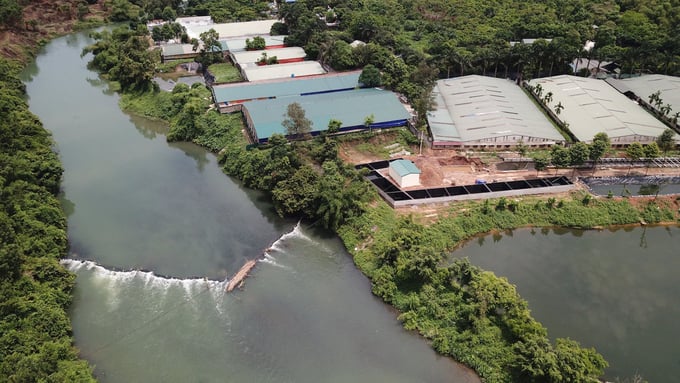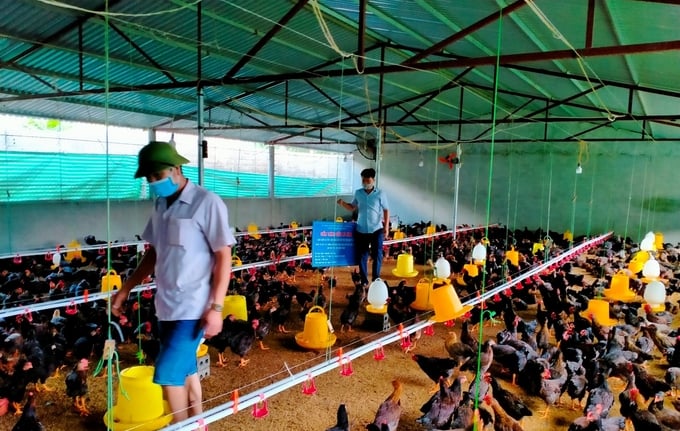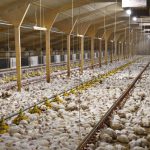Vietnam has recently approved a project to develop its animal breeding industry by 2030, with the aim of enhancing its production capacity, quality, and competitiveness in the domestic and international markets. The project, signed by Deputy Prime Minister Tran Luu Quang, outlines the goals, tasks, and solutions for the sector, which is considered a key component of the country’s agricultural economy.
According to the project, Vietnam strives to achieve self-reliance in producing high-quality animal breeds that meet the demand of livestock farming and export. The project targets to reduce the import of major animal breeds, such as pigs, chickens, ducks, and beef cattle, by at least 90%, 80%, 100%, and 70%, respectively, by 2030. The project also aims to develop at least six industrial-scale animal breeding facilities, applying advanced technologies and biotechnologies, and managing the breed quality according to the national identification system.
The project also focuses on exploiting and developing the genetic resources of native animal breeds, linking them with eco-tourism and building geographical indications and brands for high-quality products. Moreover, the project seeks to improve the infrastructure, equipment, and human resources for the animal breeding sector, as well as to strengthen the inspection, monitoring, and quality control of animal breeds.
The project to develop the animal breeding industry by 2030 reflects Vietnam’s vision and commitment to modernize and innovate its agricultural sector, especially in the context of climate change, food security, and international integration. By enhancing its animal breeding capacity and quality, Vietnam hopes to boost its livestock production and export, as well as to preserve and promote its native animal breeds and products.
Translated by Quyen.
